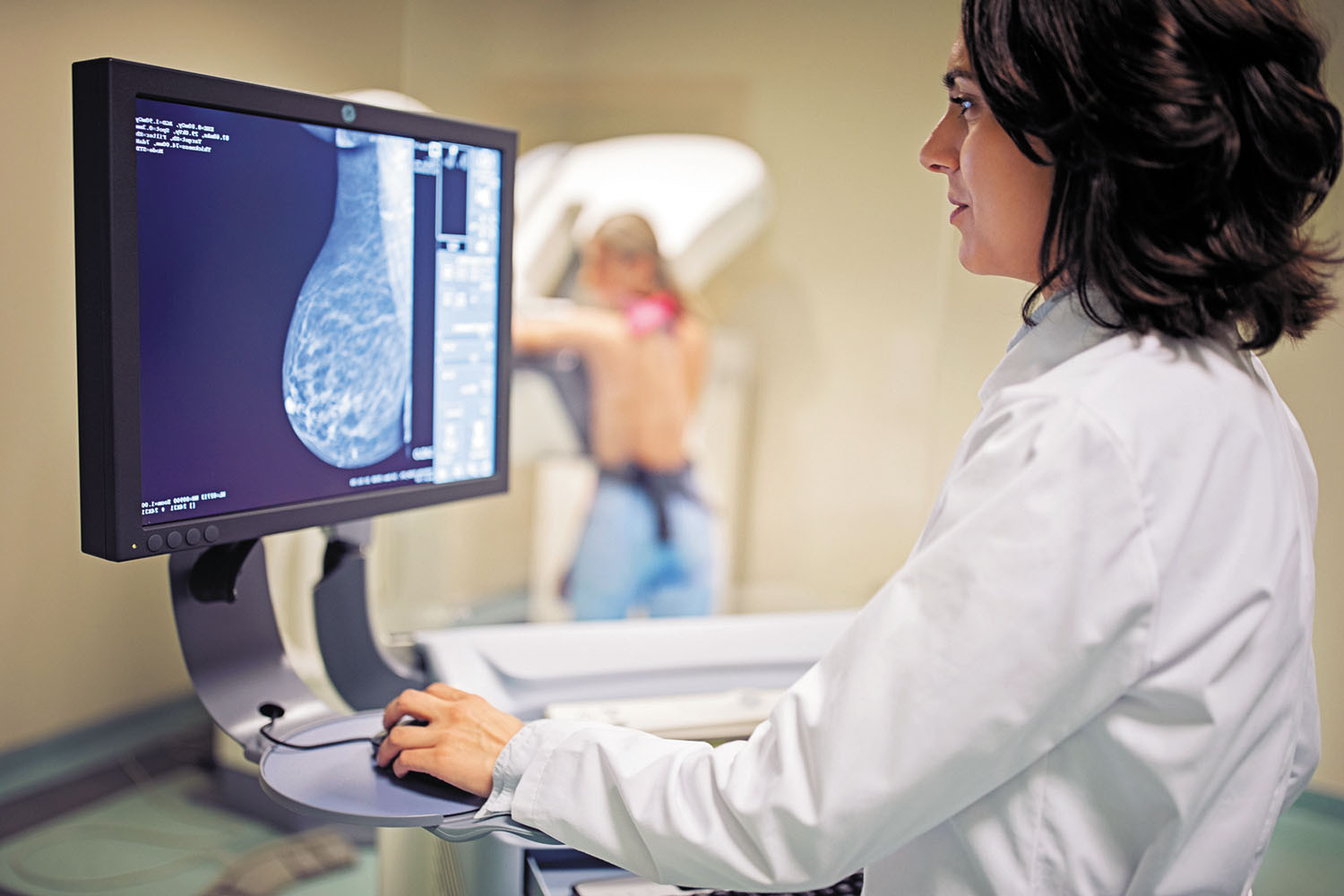
Salmonella is sneaky: Watch out

Two jobs may lower the odds of dying from Alzheimer's disease — but why?

Mastitis: What to do when your breasts are painfully inflamed

How — and why — to fit more fiber and fermented food into your meals

UTI in older women: Why postmenopausal women are susceptible to urinary tract infection, and what to do about it

Can a routine vaccine prevent dementia?

Some adults may need a measles booster shot. Who should get one and why?

Less butter, more plant oils, longer life?

Healthier planet, healthier people

Counting steps is good — is combining steps and heart rate better?
Heart Disease Archive
Articles
Women's heart symptoms not so different after all
Women have long been told to watch for "atypical" signs of heart attack, but new guidance reveals that heart symptoms are not as different in men and women as once believed. Women are also more likely to have a less-common subtype of heart failure, and reproductive history should be considered when assessing women's heart risks. Anyone experiencing chest pain should call 911, mention chest pain before other symptoms, and bear in mind that other chest sensations may signal heart attack.
How cardiology experts fight heart disease
Doctors advise that the best ways to lower risk for heart disease is to exercise, eat right, and adopt healthy lifestyle habits, like stress management, social engagement, and adequate sleep. But what do cardiology doctors do to practice what they preach? Three Harvard cardiologists share their heart-healthy habits and how they've overcome the same challenges their patients face.
Mammograms may help reveal cardiovascular risk
Postmenopausal women whose screening mammograms show signs of calcification in their breast arteries may have a higher risk of cardiovascular disease.
Possible causes of an enlarged heart
An enlarged heart, or cardiomegaly, can result from a range of conditions, including high blood pressure, inherited heart diseases, or problems with the heart's valves.
High resting heart rate predicts heart risk in women at midlife
A study based on data from the Women's Health Initiative suggests that a high resting heart rate is an indicator of risk of heart attack in middle-aged women.
Want a healthier heart? Seriously consider skipping the drinks
No amount of alcohol, including red wine, is good for the heart, according to a policy brief from the World Heart Federation. Drinking, even in moderation, increases the risk for heart-related conditions such as hypertension, heart failure, stroke, cardiomyopathy (a disease of the heart muscle), aortic aneurysm (a dangerous bulge in the wall of the aorta), and atrial fibrillation (an irregular heart rhythm). People who drink regularly might benefit from reducing their intake.
Adding more olive oil to your diet may help prevent an early death
Olive oil, when consumed as a regular part of the diet, may help protect against an early death and specifically against deaths related to cardiovascular disease, cancer, neurogenerative conditions, and respiratory conditions.
Do you need aspirin therapy?
The medical world agrees that daily aspirin can help people with cardiovascular disease lower their risk of heart attacks and strokes. However, most people over age 70 without cardiovascular disease should avoid aspirin as a way to prevent a heart attack or stroke. Even if a person has taken aspirin for a long time as primary prevention of heart disease, it's time to talk to your doctor about potentially stopping it.
Worry and anxiety linked to higher heart risk in men
Middle-aged men who often feel worried or anxious may be more prone to problems that raise heart disease risk as they age compared with their less-worried peers.
What's the deal with dairy and heart health?
Full-fat dairy products such as yogurt and cheese can be part of a heart-healthy diet. Compared with nonfat or low-fat products, full-fat dairy products tend to be tastier and more filling. But because they contain more calories and saturated fat, it's best to limit full-fat dairy products to one serving a day and combine them with healthy foods, such as fruit, whole grains, and salads. Cheese is often eaten with less-healthy foods such as refined grains and meat, including pizza, burgers, mac and cheese, and Mexican food.

Salmonella is sneaky: Watch out

Two jobs may lower the odds of dying from Alzheimer's disease — but why?

Mastitis: What to do when your breasts are painfully inflamed

How — and why — to fit more fiber and fermented food into your meals

UTI in older women: Why postmenopausal women are susceptible to urinary tract infection, and what to do about it

Can a routine vaccine prevent dementia?

Some adults may need a measles booster shot. Who should get one and why?

Less butter, more plant oils, longer life?

Healthier planet, healthier people

Counting steps is good — is combining steps and heart rate better?
Free Healthbeat Signup
Get the latest in health news delivered to your inbox!
Sign Up











